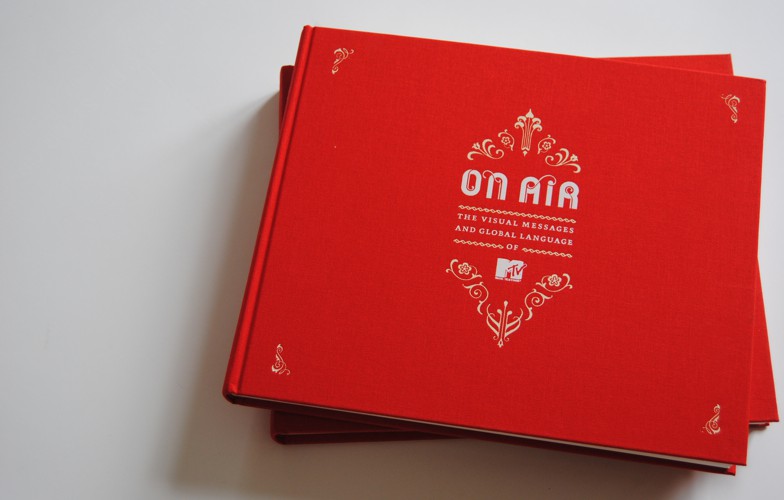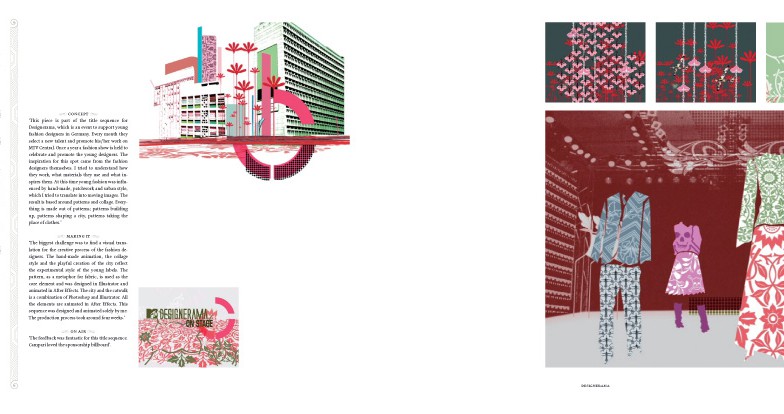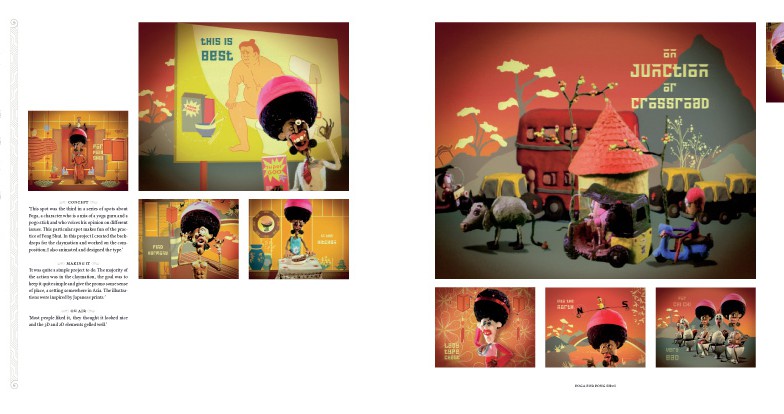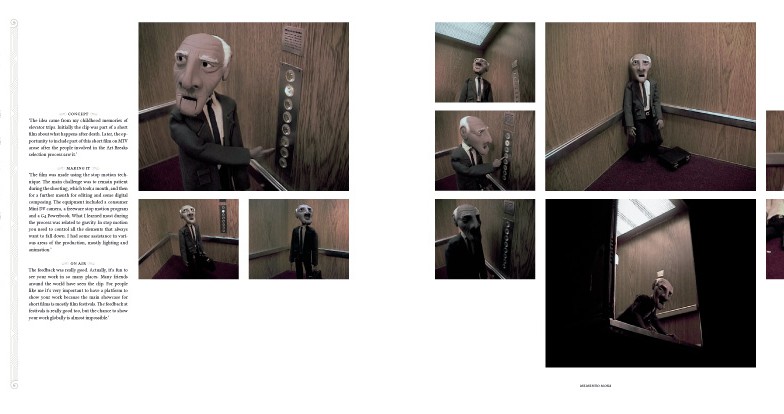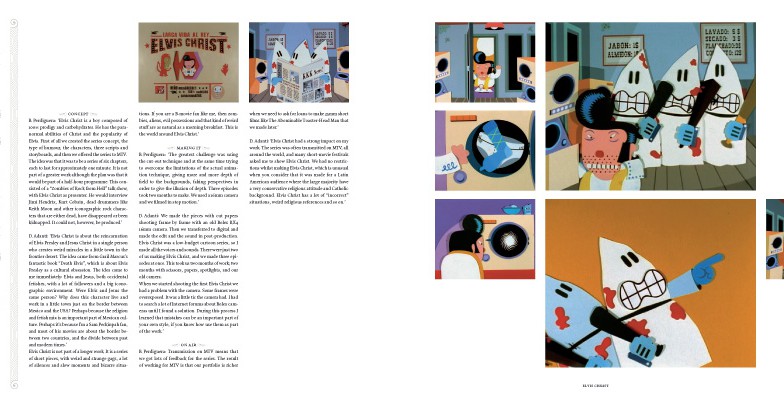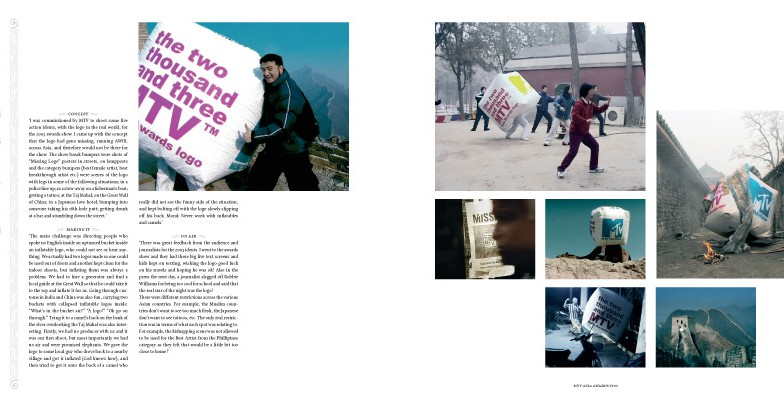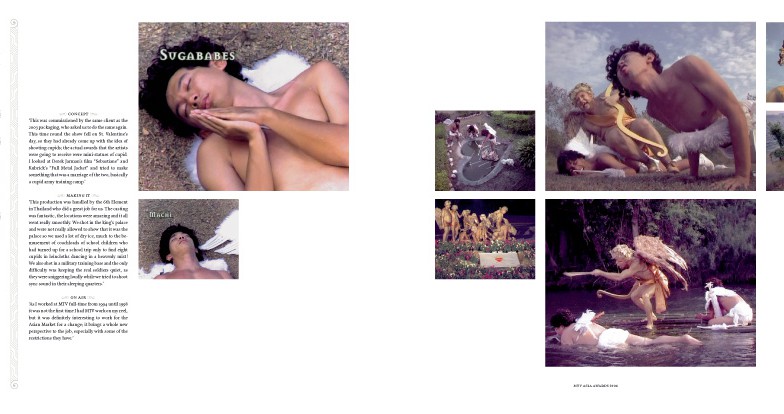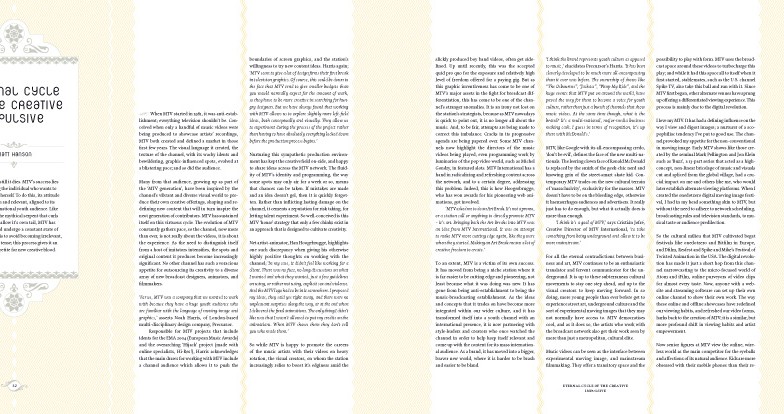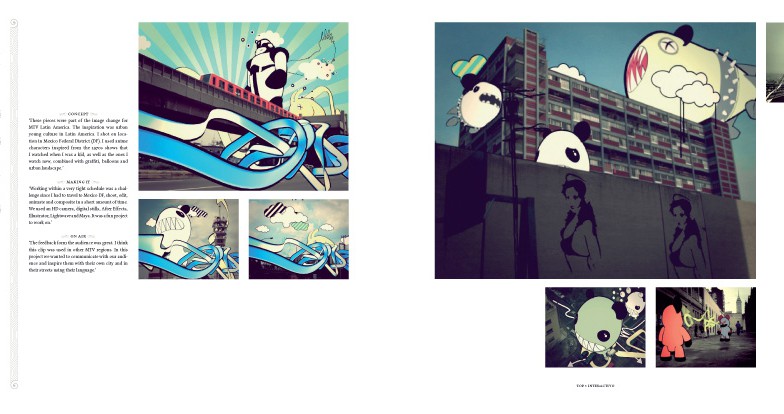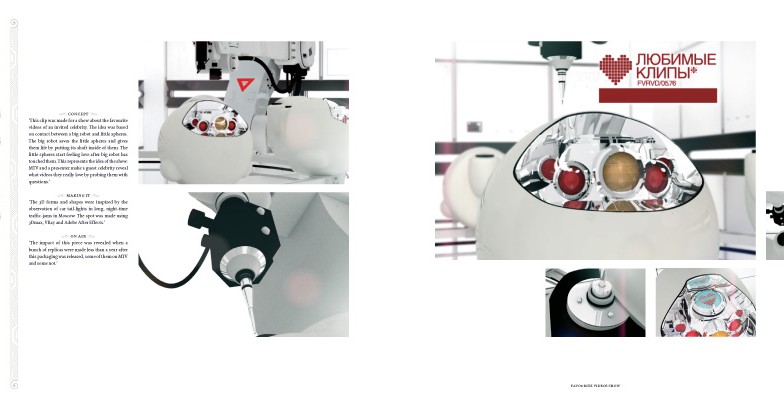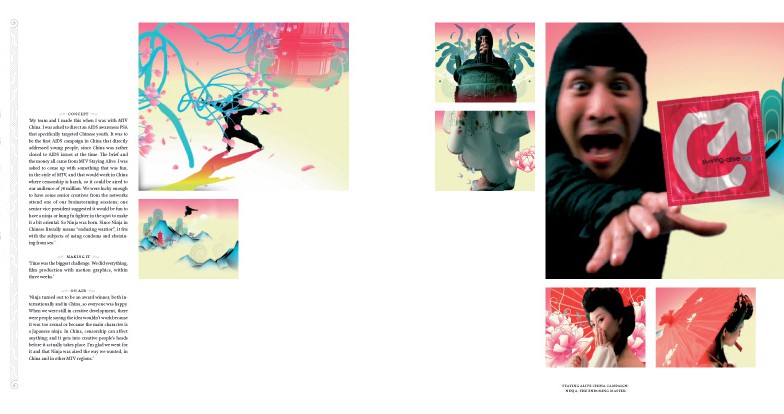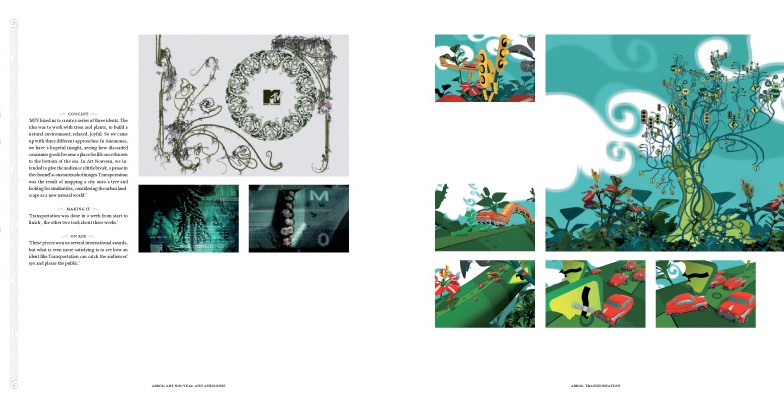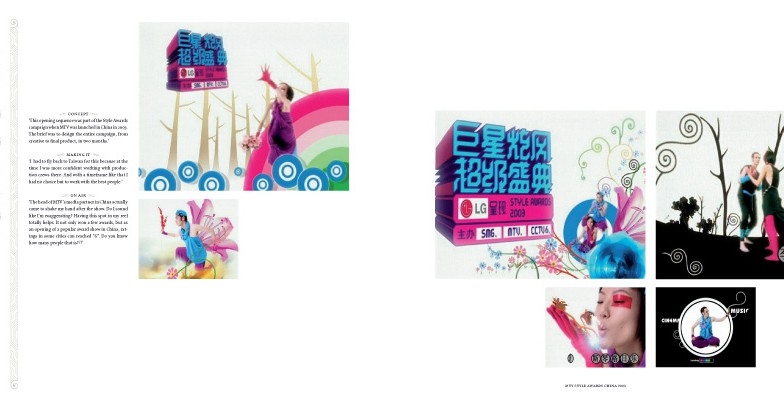Everybody had their own MTV. For a quarter of a century MTV, grew from an inspired new entertainment concept via a revolutionary window on the world of alternative music, visual imagery and culture into a mythos. Talk to any creative that grew up as part of the “MTV generation” and they will tell you nostalgic tales of long nights of their formative years spent in the company of a gogglebox in their teenage bedrooms and about seminal MTV moments of music, art, inspiration and longing.
Over time, MTV ceased to be just “music television” – the simple American link and clip cable channel showing back-to-back rock videos with VJ hosts and some quirky graphics that sent the “kids” wild. It became universal, part of the furniture, part of growing up, part of the fabric of the entertainment-saturated lives of youth. It went beyond music, colonised genres, communities, regions and languages; expanding into a world of reality TV, games, award ceremonies, ring-tones and cartoon series. It broke free from the confines of the television set and spread to computers and telephones. At it’s height, MTV covered 46 channels and 37 websites, blogs, games, downloads, streaming, wireless content and became increasingly interactive. When MTV hosted live events, the young come in their hundreds of thousands and almost a billion people worldwide at one point had access to the channel.
For 25 years MTV somehow managed to hold the notoriously fickle attention of teenagers and young adults by continuously growing and mutating, but also always remaining constant. It became one of the world’s biggest brands with an extremely powerful identity, yet MTV it found a way to straddle the gap between being huge, mainstream mass entertainment and having a rebellious, left-field, cool and individual image. How did it do that?
Some years ago, a guy named Herman Vaske went around asking lots of famous artists, filmmakers, musicians, actors and creatives a simple question: “Why are you creative?”. The responses were fascinating enough to end up as a book and a TV series spin-off. The key to the success of the project was the choice of interviewees. They were highly talented and fascinating individuals who had made unique and often ground breaking contributions to their fields – creative pioneers if you will.
Asking someone “Why are you creative?” is as good as asking: “What makes you tick?”, “How do you do what you do?” or “What are you?”. If you are asking a person who has produced a particularly rich and fascinating body of work, who is honest and has spent some time thinking about themselves and what they do, then their answers can be both illuminating, inspiring and often surprising. If the subject happens to be a multinational corporation rather than an individual then you would expect the answers to become fractured and dissonant; diluted “corpspeak”. But MTV is not a normal multinational corporation. MTV is an idea, it is an attitude – it even has a generation named after it. Despite all its growth, MTV strayed little from the cutting edge – in its own mind at least – and made being new, fresh and always first through the patronage of new creative talent the key to its success.
On Air is a look at how MTV ticked creatively. Author Sophie Lovell and other contributors talked to nearly 100 animators, filmmakers and designers; people who make the graphics, promo films and idents for the channel. The ones who make those crucial “little pieces of art” that stubbornly remained between all that programming. It looks at a selection of the very best of their MTV work internationally and talks to them about the trials and joys of creating animation shorts for MTV, about the range of technologies at their disposal and how these have facilitated their work, and it asks them about the effect that access to precious MTV airtime has had on their careers.
On Air also talked to the people within MTV, the creative directors and producers whose job it is to maintain MTV’s left-field identity and prevent it from sliding into the morass of bland uniform commercial entertainment. A bunch of individuals who are often surprisingly rebellious themselves, with strong ideas about their MTV and where its attitudes and duties should lie. It asked about how the channel fostered a continually creative and innovative environment and how it adapted and survived creatively. It asks where the future of music entertainment is heading – and what is the secret of eternal youth.

